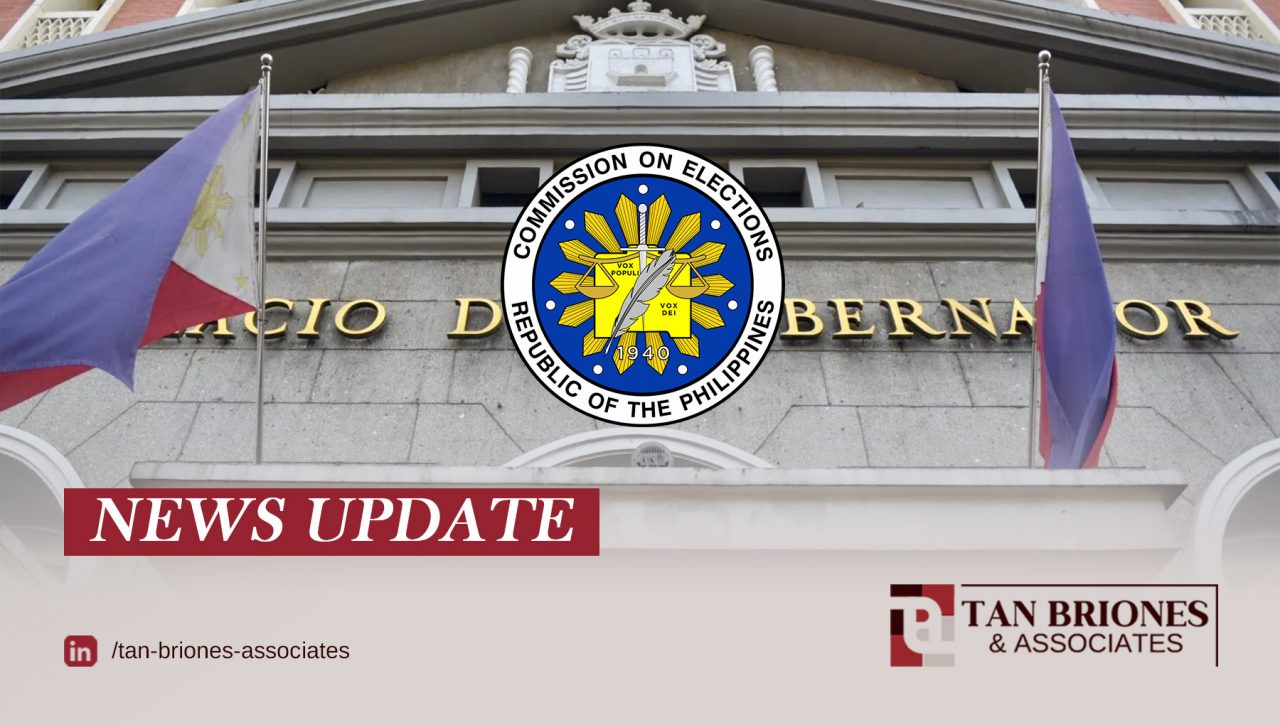
The Commission on Elections (Comelec) has formally declared all election-related venues and platforms, including online spaces, as “safe spaces” under a new resolution that expands the list of punishable election offenses in the 2025 national and local elections.
Through Resolution No. 11127, the poll body now includes acts such as foul language, discrimination, and gender-based harassment among offenses that may warrant disqualification or legal action against candidates.
“All election-related activities and platforms including but not limited to campaign rallies, caucuses, polling places, precincts, canvassing centers, and online election-related platforms including social media are hereby declared as safe spaces,” the resolution states.
The resolution supplements Resolution No. 11116, or the Anti-Discrimination and Fair Campaigning Guidelines, which was promulgated in February and prohibits discriminatory acts against women, persons with disabilities (PWDs), LGBTQIA+ individuals, Indigenous peoples, persons living with HIV, and other marginalized groups.
“In-approve natin ang amendment sa ating resolution with the inclusion of safe spaces. Sinasabi natin dapat magc-create tayo dapat ng safe spaces sa elections tulad ng canvassing areas, voting areas,” Comelec Chairman George Garcia said.
(We approved the amendment to our resolution with the inclusion of safe spaces. We say that we should create safe spaces in elections, such as canvassing areas and voting areas.)
Under Resolution No. 11127, the Comelec defines “safe spaces” as environments free from hate speech, discriminatory behavior, and degrading language.
The poll body warns candidates that violations will be dealt with under existing laws including Section 13 of Republic Act No. 9006 and Section 261(e) of the Omnibus Election Code.
Comelec’s expanded list of election offenses now includes, among others: child abuse, coercion, discrimination on the basis of gender, ethnicity, age, religion, disability, and HIV status, immoral doctrines, obscene publications, indecent shows, public ridicule and vilification of PWDs, and violations of anti-discrimination ordinances.
“Ang paggamit ng foul languages, iiwasan. Ang pag-discriminate against women, the elderly, PWDs, and other vulnerable sectors pipigilan din… Sinasabi rin natin na iiwasan ang campaign jingles na may double meaning,” Garcia furthered.
(We want candidates to refrain from using foul language, to avoid discriminating against women, the elderly, PWDs, and other vulnerable sectors… We also want to avoid campaign jingles with double meanings.)
The move follows increasing reports of discriminatory and inappropriate behavior by some candidates during the early stages of the campaign period.
According to Comelec, its Task Force SAFE, which was created to monitor discriminatory campaign practices, has already issued show-cause orders to six local candidates, just weeks ahead of the May 12 elections.
The poll body warned that failure to respond would constitute a waiver of the candidate’s right to answer, and investigations would proceed.
Comelec has also encouraged the public to report violations either in person at the Task Force SAFE desk at Palacio del Gobernador, Intramuros, Manila, or via email at taskforcesafe@comelec.gov.ph.
Follow Tan Briones & Associates on LinkedIn for more legal updates and law-related articles.







